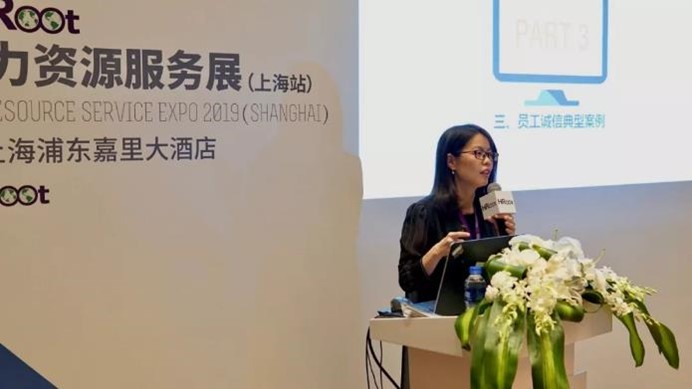CBI, Always empowering with information | Hroot China Human Resource Service Expo 2019 (Shanghai)
On June 14, the “HRoot China Human Resource Service Expo 2019”, a leading human resources industry exhibition organised by human resources media firm HRoot was successfully held at the Kerry Hotel in Pudong, Shanghai. Nearly 100 leading human resources service providers and elites in the industry from China and abroad attended the impressive event.

![gallery images]()
![gallery images]()
![gallery images]()
+7
01 BACKGROUND CHECKS – A FILTER AND SAFETY NET OF THE WORKPLACE
Based on the inquiries received at the exhibition inquiries are concerned, many human resources personnel pay little attention to the background investigation segment in the recruitment process. Background checks are in fact an important part of the recruitment process, and it fits in with the objective and focuses on risk control for modern businesses.
When employers conduct background checks on job seekers, they are building a stringent ethical filter and safety net for their workplace. The process will play a role in deterring individual job seekers with no regard for professional ethics, and it helps the development of businesses by ensuring a workplace with integrity.
02 BACKGROUND CHECKS ARE AN INDISPENSABLE TOOL SUPPORTED BY BIG DATA
During this exhibition, Ms. Huang Chunyan, the sales director of Central Business Information Limited (Shanghai), presented a speech to the participants. She shared an in-depth analysis of the current practice of employee background check processes that taps on big data, and offered her unique insights on "employee integrity risk prevention and countermeasures" with the human resources personnel in attendance.
In the past two years, there has been a significant increase in the businesses conducting background checks during the hiring process, and almost 90% of all companies are now doing so when screening potential candidates. However, it should be noted that most employees only carry out background checks on certain employees due to various practical considerations. When not limited by time, cost and other factors, businesses are still willing to conduct background checks on all employees.
On the scale of the businesses conducting background checks, whether it is smaller firms with less than 50 employees, or larger companies with more than 500 employees, the rate of background checks is more or less comparable, as the risks faced by businesses in the recruitment process are the same.
In terms of the tiers and roles of the positions, discrepancies are mostly found on candidates in marketing and management functions, and they account for 56% of the total cases of mismatch. The marketing and sales industry is often revenue-generating, and hence, the risks of recruitment could have an impact on the business’s income.
In terms of the distribution of level of employment, discrepancies are mostly found on candidates at a certain level of authority, hired in middle-tier positions. Most companies pay more emphasis on conducting background checks on staff in major positions or senior-level employees, but would often neglect conduct similar checks on junior staff.
There have been changes to how employers conduct background checks on potential employees: firstly, there are changes from a private to an open process. Most candidates will be informed that their background will be screened during the process of recruitment itself, after passing the interview rounds and before they are formally hired. With the popularity of background check services today, candidates are now more proactive in cooperating with pre-employment screening; it is not a matter of the lack of trust, but it has become part and parcel of the hiring rules and recruitment process. Second, there are changes in the diversity of the verification involved. Previous, investigations are generally conducted on a candidate’s educational background and career history, but today, the checks are more multi-dimensional.
In terms of the scope of the background checks, there are new areas of concern for employers, such as business conflicts of interest and records of breach of trust, which helps businesses to understand candidates’ backgrounds more comprehensively.
Currently, there are various difficult issues and challenges in the recruitment market, such as academic history fabrication, employment history falsification, etc. Today, businesses are no longer "fully trusting when employing", but should lean towards "not employing suspicious individuals".




